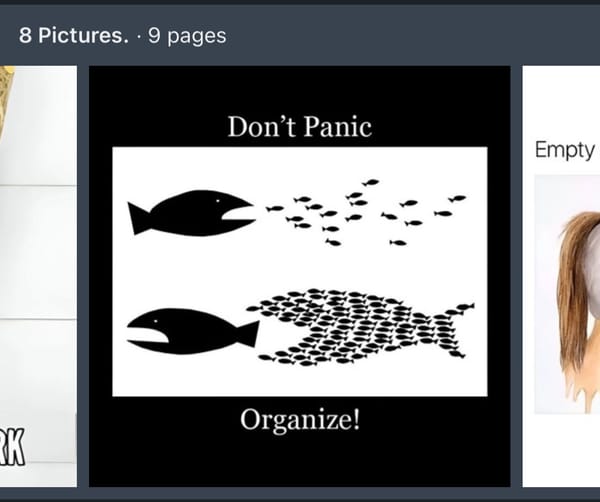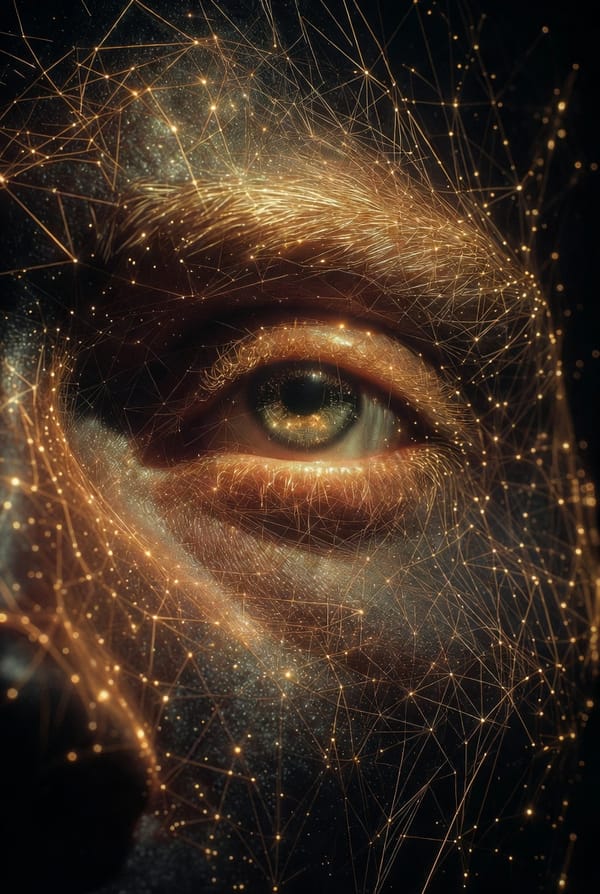Singularity.
A singularity. A place so dense, so wild, that physics itself throws up its hands. “God dividing by zero,” as the joke goes.

A word that bends time, breaks equations, and leaves physicists pacing at 3 a.m. A black hole, a mathematical blow-up, the Big Bang itself—points where reality stutters, where understanding collapses into a cosmic shrug.
Einstein saw it coming. His equations whispered that at some point, gravity wouldn't play nice. Space would fold inward, time would stretch into nonsense, and at the center? A singularity. A place so dense, so wild, that physics itself throws up its hands. “God dividing by zero,” as the joke goes.
But here’s the twist: Mathematicians have been dealing with singularities for centuries. Functions that explode. Limits that refuse to settle. Infinity lurking in the fine print. They smooth them out, redefine them, make them behave. Physicists? Not so lucky. A singularity in spacetime is not just a puzzle—it’s an alarm. It says: you don’t understand the universe yet.
And then philosophy walks in, uninvited. If singularities are the edges of knowledge, what do they say about the edges of existence? If the universe had a beginning—an actual moment of first light—what came before? And if a singularity is where time stops making sense, what does that mean for time itself?
Some theologians smile at this. God is the ultimate singularity, they say—the one thing outside space, beyond time, neither created nor bound. But singularities aren’t just a playground for mystics; they’re where science, philosophy, and theology awkwardly shake hands. The moment before the Big Bang. The threshold of a black hole. The instant intelligence explodes beyond human grasp.
And where there’s absurdity, there’s humor.
Monty Python made a song about cosmic chaos.
Physicists joke about falling into black holes as a “once-in-a-lifetime experience.”
And the tech bros? They call AI’s future the singularity—a moment when machines outthink us and humanity’s story gets… rewritten. Maybe by robots. Maybe by code. Maybe just another cosmic punchline.
Singularities aren’t just places where things go weird. They’re ideas that remind us:
We don’t have all the answers.
Maybe we never will.
Maybe that’s the point.
And maybe, just maybe, we should laugh along the way. It could be Anything!





